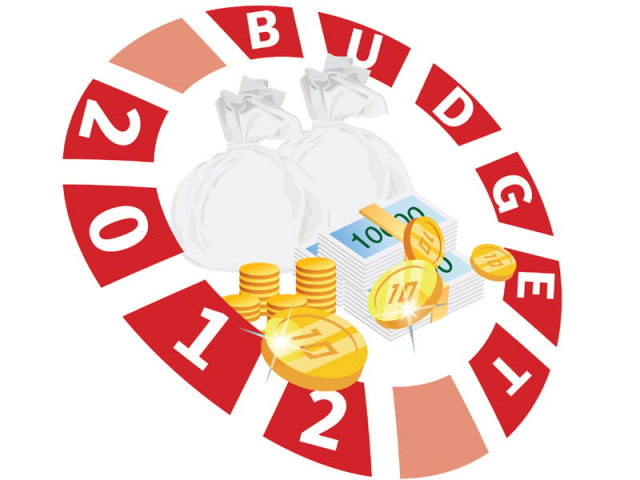Positive response: Karachi businesses welcome budget
Acknowledge the presence of tax thieves within the business community.

In a remarkable first, most of the business community in Karachi seems to be broadly satisfied with the announcements made by the government in the federal budget for fiscal year 2012, though many identified room for improvement in the monetary policy.
“Considering the challenges of the war on terror and the energy crisis, we know the government had limited space to give impetus to economic growth in the budget 2012,” said Siraj Kassim Teli, chief patron of the Karachi Chamber of Commerce and Industry (KCCI). “So we appreciate government efforts in giving a good direction to economy in this budget.”
Teli was speaking at a post-budget seminar organised by the KCCI, one of the largest business lobbies in the country’s commercial and financial capital.
Several participants at the seminar, however, expressed dissatisfaction with the monetary policy, calling upon the government to lower borrowing costs. Benchmark interest rates in the economy are set by the State Bank of Pakistan, which is an independent institution that is frequently at odds with the finance ministry over how best to tackle inflation.
Finance Minister Abdul Hafeez Shaikh, in his budget speech on June 3, acknowledged that excessive fiscal deficits by the federal government are the primary cause of inflation in the country, a fact that the central bank has been pointing out for the last one year in its bimonthly monetary policy statements.
Perhaps acknowledging the need to close the gap between government spending and revenues, Teli urged the government to increase the size of the tax net and remove exemptions from all the untaxed sectors.
“All sectors across the board should come under the tax net,” he said while referring to the collection of agriculture income tax. “The federal government should ask the provinces to collect income tax from the agriculture sector.”
Former KCCI president Anjum Nisar said that the federal government cannot ignore the collection of agriculture income tax by saying that it is a provincial subject. “We cannot ignore collecting agriculture income tax as it will add at least Rs100 billion to the national exchequer,” Nisar said.
Published in The Express Tribune, June 7th, 2011.



















COMMENTS
Comments are moderated and generally will be posted if they are on-topic and not abusive.
For more information, please see our Comments FAQ